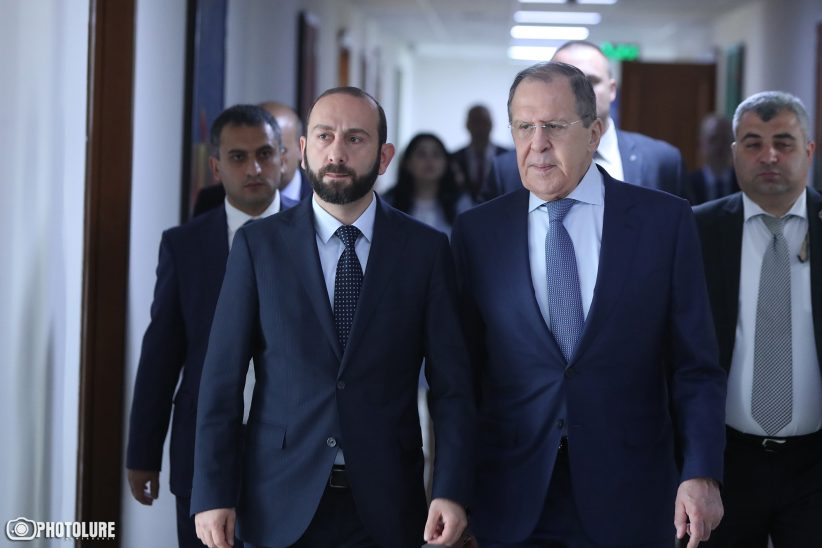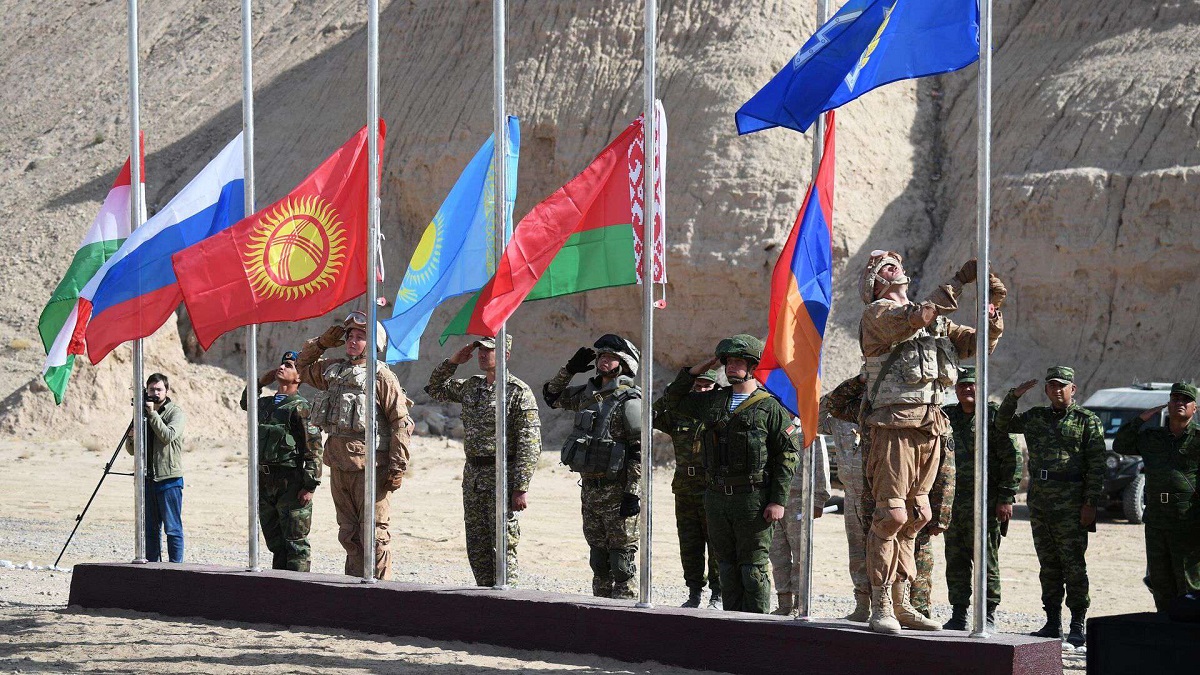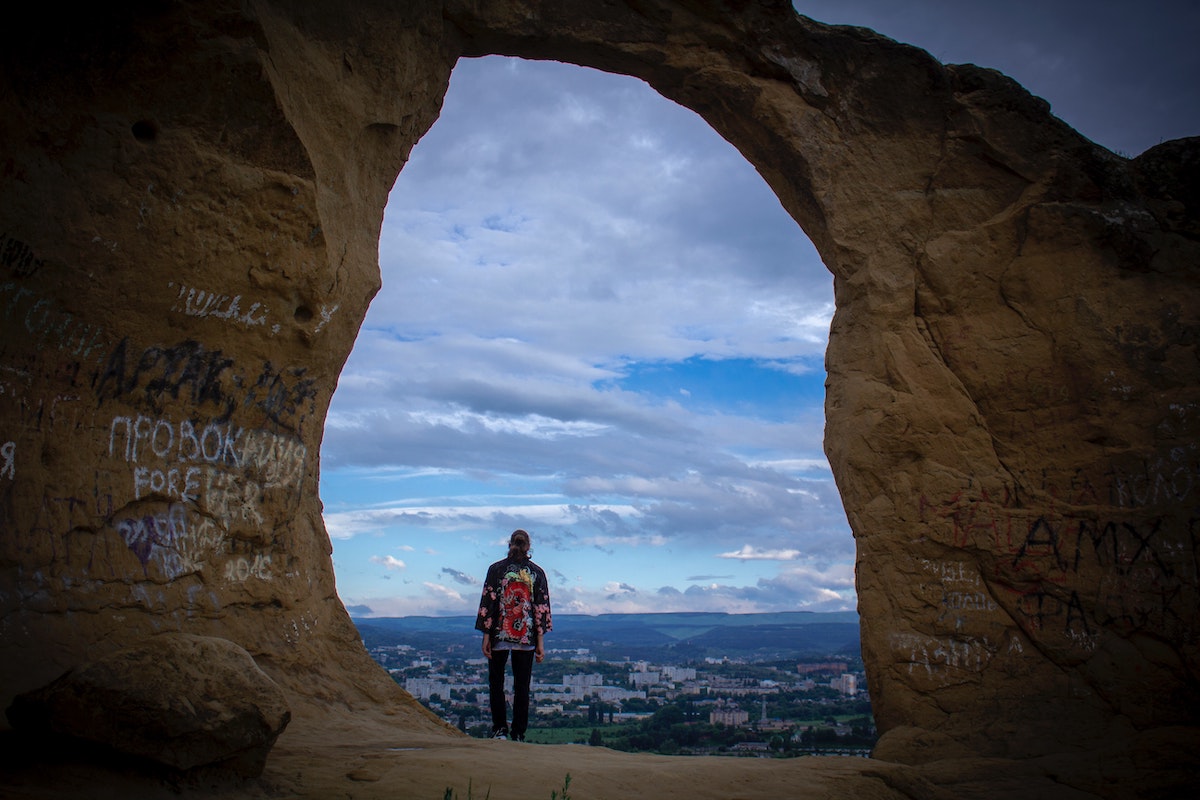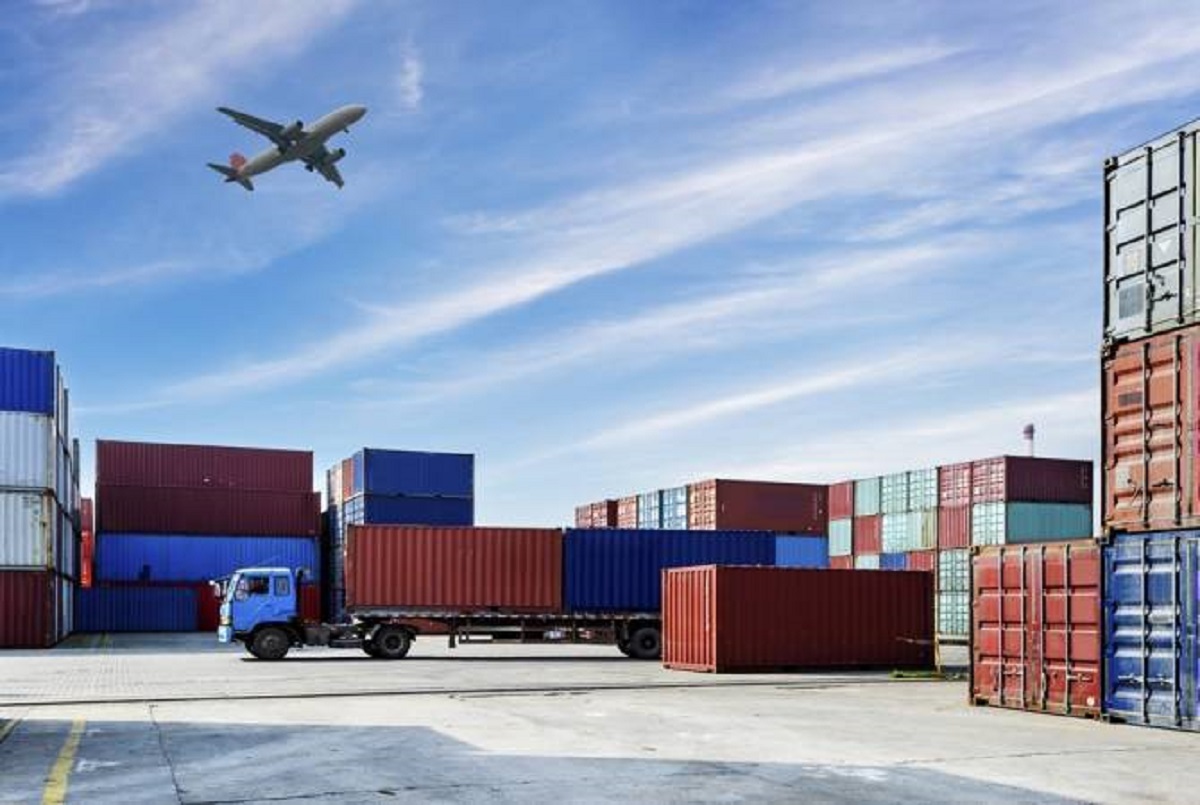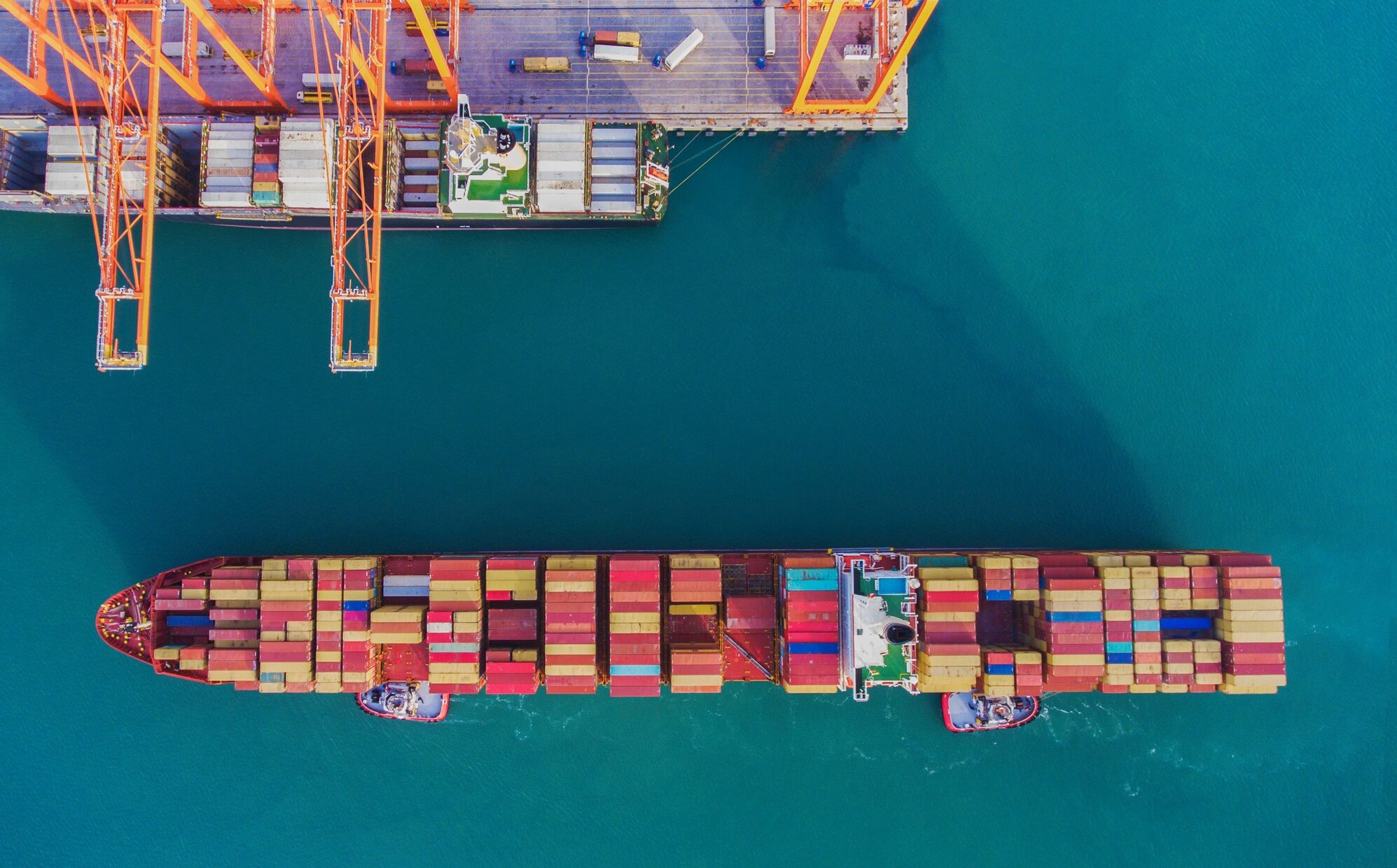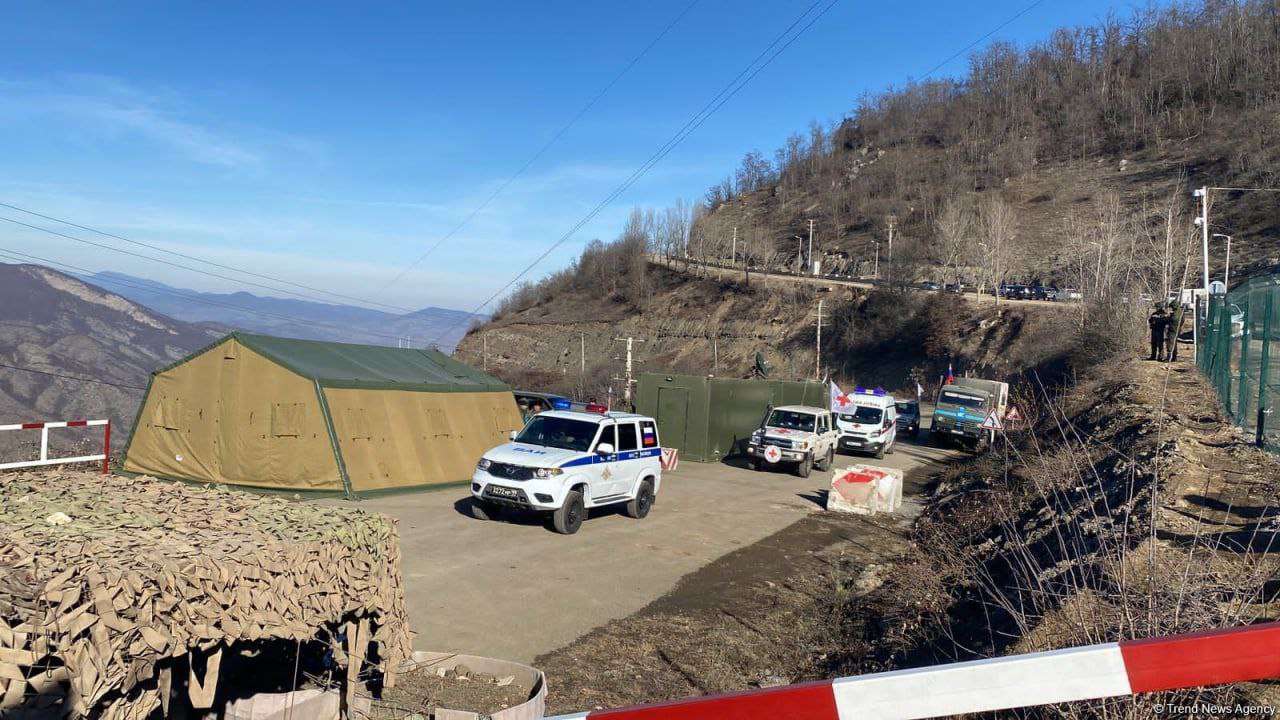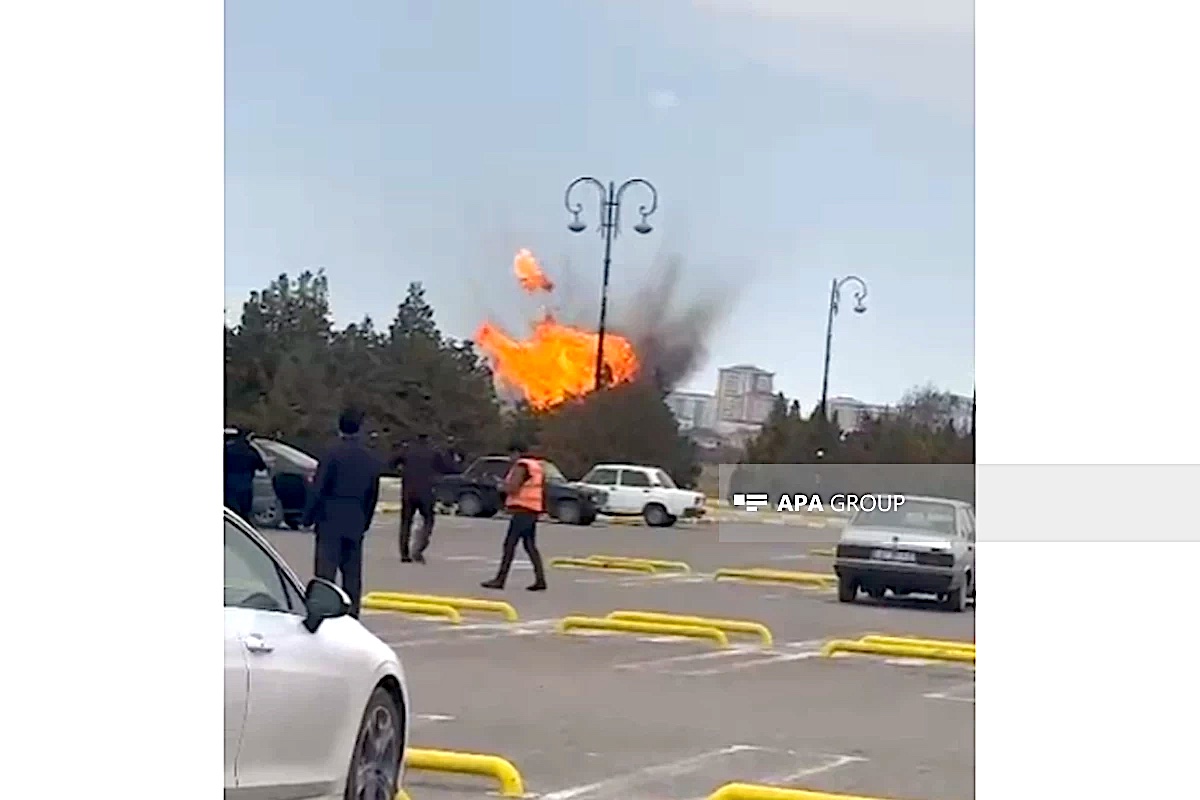Ratification of the Rome Statute: will the Armenian authorities go against Russia?
Ratification of the Rome Statute by Armenia
Armenia’s intention to ratify the Rome Statute of the International Criminal Court provoked a harsh reaction from Russia. Through the mouths of various analysts from Moscow, they began to warn Yerevan “about the undesirability of this step.” The Russian news agency TASS, citing its “source in the Foreign Ministry”, reported: “Moscow considers absolutely unacceptable the plans of official Yerevan to join the Rome Statute of the International Criminal Court against the backdrop of the recent illegal and legally void “warrants” of the ICC against the Russian leadership.”
The Rome Statute is the international treaty that established the International Criminal Court. Its creation was explained by the need for an independent court to resolve cases related to genocide, war crimes and crimes against humanity.
On March 17, the ICC issued an arrest warrant for Russian President Vladimir Putin and Russia’s Commissioner for Children’s Rights, Maria Lvova-Belova. Both have the status of suspects in the illegal deportation and displacement of Ukrainian children. All countries that have ratified the treaty are obliged to extradite them to the court if they are on their territory.
Immediately after the court decision, the question arose whether Putin could be arrested if he visited Armenia. The situation escalated after the Constitutional Court recognized the constitutionality of the statute. The decision of the Constitutional Court enters into force from the moment of publication. And many media interpreted this information as the ratification of the Rome Statute by Armenia and wrote about the possibility of Putin’s arrest in case of arrival. In fact, Armenia signed it in 1999, but has not yet ratified it.
JAMnews turned to the Constitutional Court with the question: “After the ratification of the Rome Statute, will Armenia be obliged to comply with the decisions of the Hague Court adopted earlier, in particular, regarding the arrest of the President of the Russian Federation?” The editors will receive a written response from the Constitutional Court within five working days. So far, one can only rely on the press release of the Constitutional Court, which refers to the “retroactive recognition of the jurisdiction of the ICC.”
- “Facilitating the arrest of Putin is in the interest of Armenia.” Opinion
- The undesirables: Simonyan and Gabrielyanov as personae non gratae in Armenia
- Volodin’s statement: what is behind it? Comment
“The urgency of ratification is due to the occupation of the territories of Armenia”
The government decided to “start the process of ratifying the ICC statute” late last year. This step was explained by the “large-scale military aggression of the Azerbaijani Armed Forces against the sovereign territory of Armenia” in May 2021 and September 2022:
“The consequences of the aggression still persist, since the Azerbaijani Armed Forces are still located in various parts of the sovereign territory of the Republic of Armenia, in areas adjacent to civilian settlements. In order for Armenia to make the ICC statute applicable to war crimes committed during the aggression against the sovereign territory of the Republic of Armenia from May 12, 2021, along with ratification, it is necessary to adopt a statement retroactively recognizing the jurisdiction of the International Criminal Court from 00:00 on May 12, 2021 “.
The representative of Armenia on international legal affairs stated that after the ratification of the statute, the country will have the opportunity to initiate an international criminal case:
“We are talking about war crimes, crimes against humanity, genocide or their prevention.”
Attitude towards ratification within the country is ambiguous
Yerevan’s obligations to the ICC in connection with the warrant for the arrest of the President of Russia in Armenia caused ambiguous interpretations and reactions.
Some believe that Armenia’s commitment will not affect Putin’s arrest warrant, as it was issued before the ratification of the statute. Others are inclined to believe that Armenia will still be forced to fulfill its obligations and put itself in a very risky position.
A negative opinion about accession to the Rome Statute was expressed by the former ruling party. The Republican Party of Armenia called the decision “political myopia” and warned of “unpredictable consequences for the country.” Republicans doubt that the ratification of the statute will be useful for advancing the interests of Armenia, “because the ICC is an extremely politicized body, which even the Russian Federation, the United States and China do not join.”
Human rights activist Artur Sakunts said that if the Armenian authorities refuse to complete the ratification process that has begun, they “will lose the opportunity to apply to the International Criminal Court with a lawsuit against Azerbaijani President Ilham Aliyev.” In his opinion, Armenia should not be concerned about the fate of Putin, but the interests of Armenia.
Ara Khzmalyan, international lawyer
Putin remains untouchable in Armenia
“The decision of the Constitutional Court that Armenia’s obligations set out in the Rome Statute are in line with the country’s fundamental law allows the parliament to ratify it. Except for the political will of the authorities, nothing can prevent this at the moment.
I believe that the retroactive recognition of the jurisdiction of the ICC, starting from May 10, 2021, applies only to cases in the part of Armenia. For all the rest, including the part of Ukraine, Armenia cannot assume obligations retroactively.
Since the arrest warrant for Russian President Vladimir Putin was issued at a time when Armenia has not yet ratified the Rome Statute and is not a member of the ICC, Putin’s immunity requirement on the territory of Armenia will continue to operate. Russia has nothing to worry about.
Moscow is either more concerned about possible criminal prosecutions by the ICC of Azerbaijani officials, or is trying in this way to discredit both the ICC and Armenia itself.”
Andrias Ghukasyan, political scientist
The statute was part of Armenia’s obligations to the EU
“On March 1, 2019, the Comprehensive and Enhanced Partnership Agreement between Armenia and the EU came into force, according to which one of the obligations of Armenia is the ratification of the Rome Statute.
In 1999, Armenia signed the Rome Statute but did not ratify it because the 1995 constitution did not provide that Armenian citizens could be prosecuted outside the national justice system. But changes in the country’s constitution in 2005 and 2015 lifted this restriction.”
Political reality and controversy
“If Armenia considers itself an ally of Russia, then it cannot consider the actions of the Russian Federation as a violation of international law. Accordingly, it must recognize the lawful Russian aggression against Ukraine, all genocidal manifestations on the Russian side, including the abduction of children, the forcible retention of Ukrainian children on the territory of Russia.
All this reflects the contradiction that exists. It is impossible to have an Agreement on a Comprehensive and Enhanced Partnership between Armenia and the EU and promote it, while remaining a military-political ally of the Russian Federation.
These are mutually contradictory commitments, and Armenia will have to renounce one of them. This is what Moscow’s reaction is about.”
Ratification will oblige Armenia
“The ratification of the Rome Statute implies that Armenia assumes the obligation to comply with the requirements arising from the treaty, including those relating to the warrant issued to Vladimir Putin and others.
The warrants for the arrest of the President of Russia and the Children’s Ombudsman Lvova-Belov are public, they have been announced. But there may still be unpublished warrants that the ICC keeps secret, based on the significance of the issue or other considerations, including to avoid evading justice. And among them there may be other Russian officials.
And here Russia and Armenia feel great discomfort. If the Rome Statute is ratified, there will be uncertainty on this issue.
The case against Putin was opened in accordance with the rules of the ICC, respectively, the execution of the warrant concerns all members of the agreement, including Armenia.”
Before a fateful choice
“This is a political issue. Parliament may not ratify the statute. Armenia faces a serious choice.
Either the country chooses the Western path, relies on the Comprehensive and Enhanced Partnership Agreement between Armenia and the EU, or, with Russia, goes against the European Union and the United States. It is no longer possible for Armenia to combine these two states.
There is one more option. Armenia can choose international neutrality, such as Turkmenistan, Austria or Switzerland, and remain equidistant in such conflict situations from all parties.
But Russia itself gives Armenia a strict choice. A choice in favor of its obligations under the Rome Statute could lead to a breakdown in bilateral relations with Russia.
The Russian Federation may break agreements on joint air defense, on a joint grouping of troops, on the basing of Russian armed forces in Armenia, and on agreements on economic issues.
And all this can lead to a variety of political and economic consequences. This will lead to the need to rebuild the entire system of foreign policy, economy and security systems.”
Nervous reaction of Russia
“TASS, declaring “the unacceptability of Yerevan’s intention to join the Rome Statute” and warning about “extremely negative consequences”, refers not to the official Russian Foreign Ministry, but to a certain “source” from the department.
That is, the Russian Foreign Ministry cites a leak, but so far has not taken an official position. So ratification of the Rome Statute depends on how Moscow and Yerevan agree.
Armenia has reasons why it should join the ICC. These are both obligations to the European Union, the occupation of its territories by the Azerbaijani Armed Forces, and the situation related to the Lachin corridor. The only road connecting Nagorno-Karabakh with the outside world has been blocked by Azerbaijanis for three months, 120,000 people are in a humanitarian crisis and under the threat of expulsion.
I don’t think Moscow should worry about Azerbaijan. But here Azerbaijan can worry about itself and its president, who can be held accountable. And the Kremlin can, based on its own interests, promote the agenda of Azerbaijan in Armenia, which we have repeatedly seen.”
Follow us – Twitter | Facebook | Instagram
Ratification of the Rome Statute by Armenia











